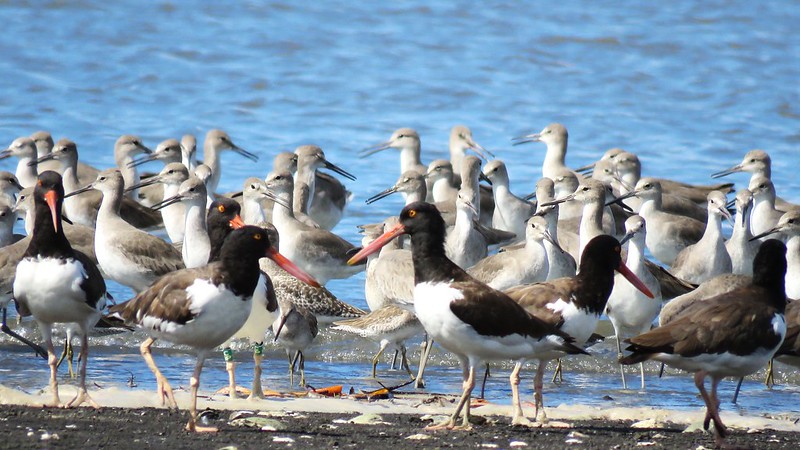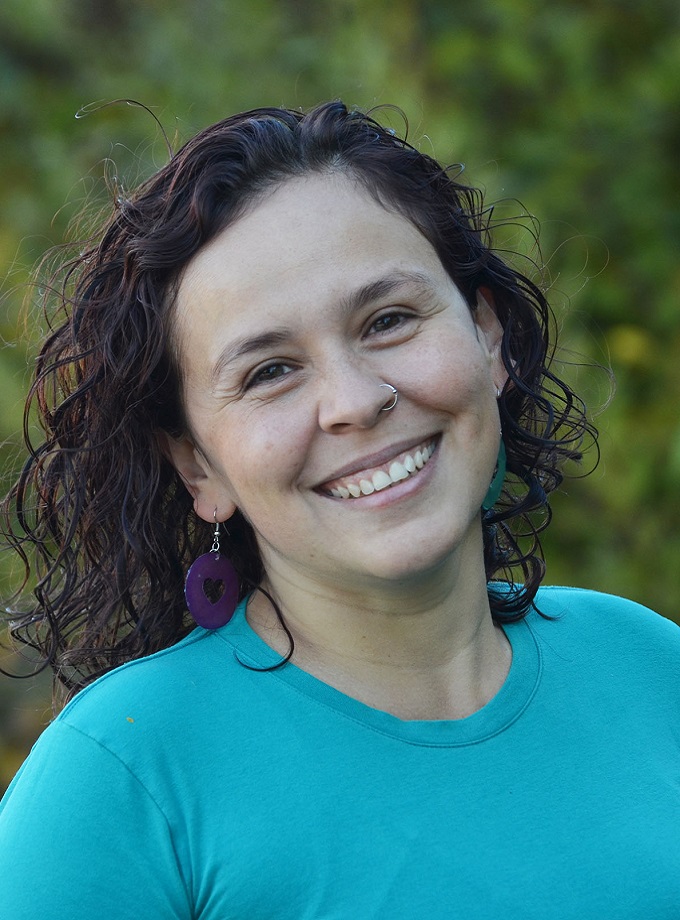
Vianey Ramirez
COMMUNITY ENGAGEMENT AND COMMUNICATIONS SPECIALIST, WHSRN EXECUTIVE OFFICE
Manomet is pleased to announce the 2023 awardees of our new program, the Small Grants for Neotropical Shorebird Conservation!
The Manomet Small Grants for Neotropical Shorebird Conservation program was created as a way to support research or conservation efforts by early-career conservationists and researchers. These small grants are designed to focus on measurable benefits to shorebird populations and species restricted to the Neotropics (Latin America and the Caribbean), with an emphasis on Western Hemisphere Shorebird Reserve Network (WHSRN) sites and/or sites that may qualify for WHSRN status.
The first small grants call for proposals received 30 proposals from across Latin America and the Caribbean, many of which met the selection criteria. Many proposals were excellent, and the decision to select only a few proposals to receive the funding was not easy and required several levels of review. The winners and their projects are as follows:
Abraham Homero Olivares Araos
Salinas de Huentelauquén, Coquimbo Region, Chile.
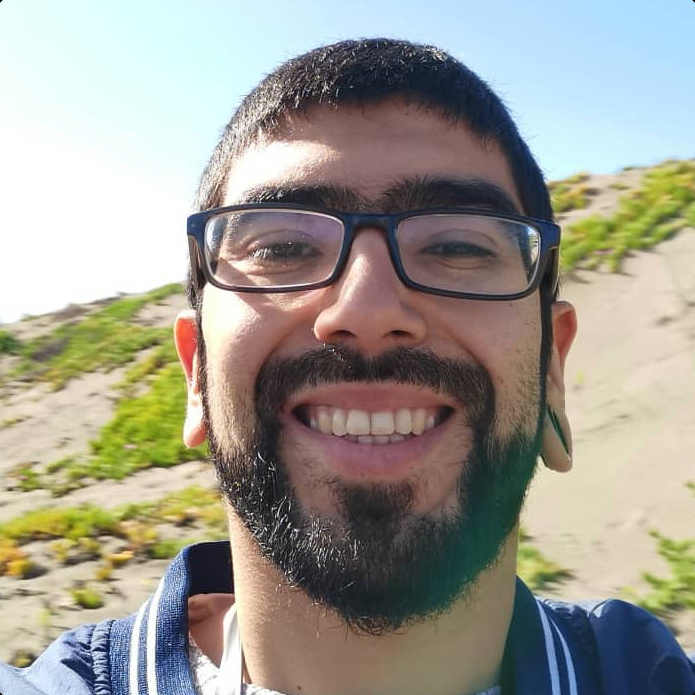
Abraham holds a degree in Natural Resources Conservation Engineering from the Universidad de Concepción and a diploma in Applied Geomatics from the Universidad de Chile. He has experience leading and actively participating in multidisciplinary groups and teams in the field and at remote locations. He is a member of the Network of Bird and Wildlife Observers of Chile (ROC), collaborator and assistant in environmental monitoring activities focused on avifauna richness, citizen science and dissemination of environmental activities at the Salinas de Huentelauquén site.
His project “Design and Implementation of a Monitoring and Enhancement Scheme for Oreopholus ruficollis ruficollis at Las Salinas de Huentelauquén WHSRN Site” aims to develop and install local capacities for the management and conservation of the WHSRN site, learning from other experiences in Chile and South America, with a focus on participatory science, and science and environmental education.
Maria Florencia Padron
Coyle River Estuary, Santa Cruz Province, Argentina.
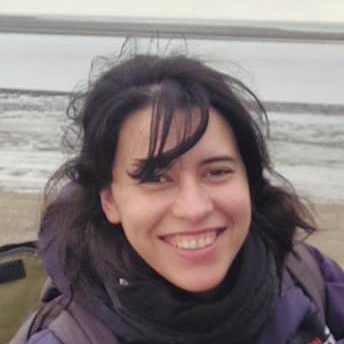
Maria Florencia is a student of Engineering in Renewable Natural Resources, and since 2017 she has been part of Asociación Ambiente Sur, where she works as a conservation agent and environmental educator. Her proposal, “Coyle River Estuary: New Site of Importance for Shorebirds in Patagonia?” aims to generate baseline information and expand knowledge of the Coyle River Estuary to achieve the creation of a protected area at the provincial level and evaluate its potential as a WHSRN site of Regional Importance. While contributing to the knowledge of the Magellanic Plover (Pluvianellus socialis) and Patagonian shorebirds of the estuary.
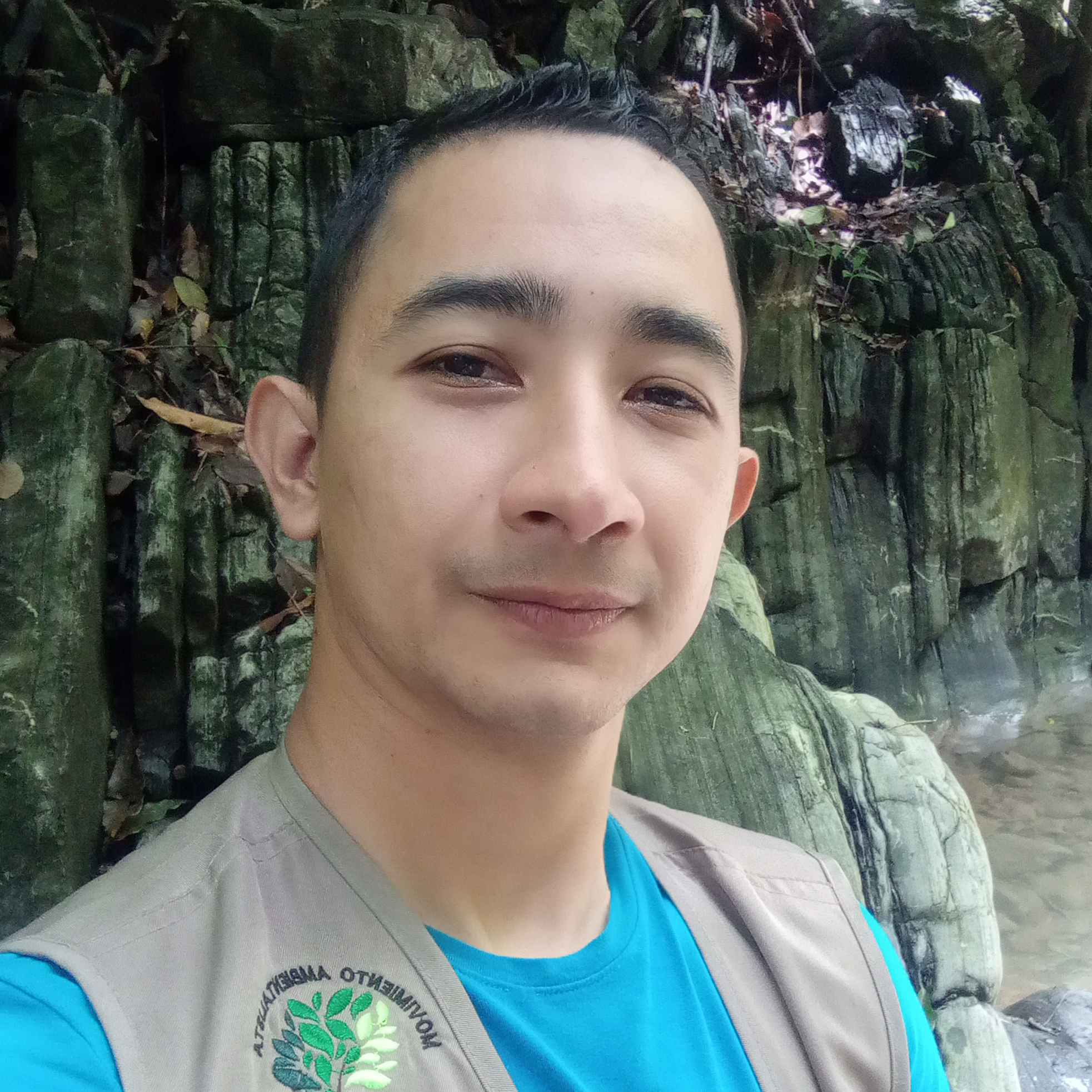
Luis Loyo and Endri Chirinos
Salina Solar de Los Olivitos, Zulia State, Venezuela
Luis Loyo is an environmental assessment technician with more than six years of experience in shorebird censuses and monitoring, and is passionate about environmental conservation through educational programs. Endri Chirinos is an architect with three years of experience in shorebird censuses and monitoring, and has been motivated to study shorebirds and neotropical waterbirds.
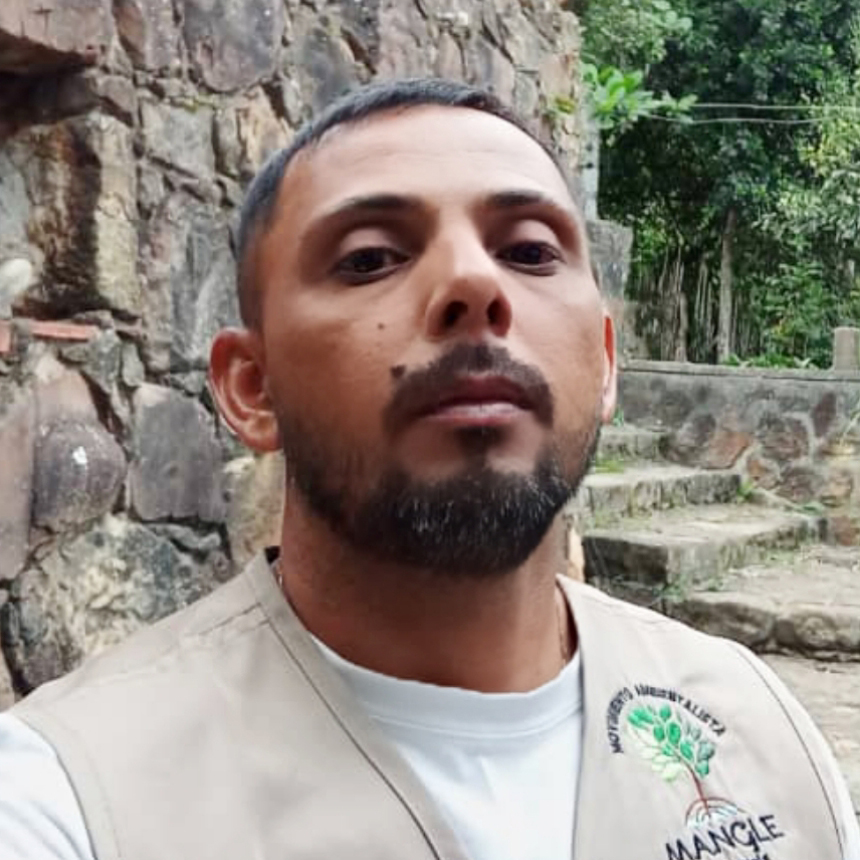
Their project “Monitoring Program of the Snowy Plover (Charadrius nivosus tenuirostris) to obtain updated data on its abundance in the Salina Solar Los Olivitos: WHSRN Site of International Importance in Venezuela” hopes to monitor the species to obtain updated data on its abundance, as well as implement strategies to lay the groundwork for a conservation program in Venezuela.
Lisset Carito Gómez Martinez
Playa Marvilla del Humedal Pantanos de Villa and Playa Las Brisas, Lima, Peru
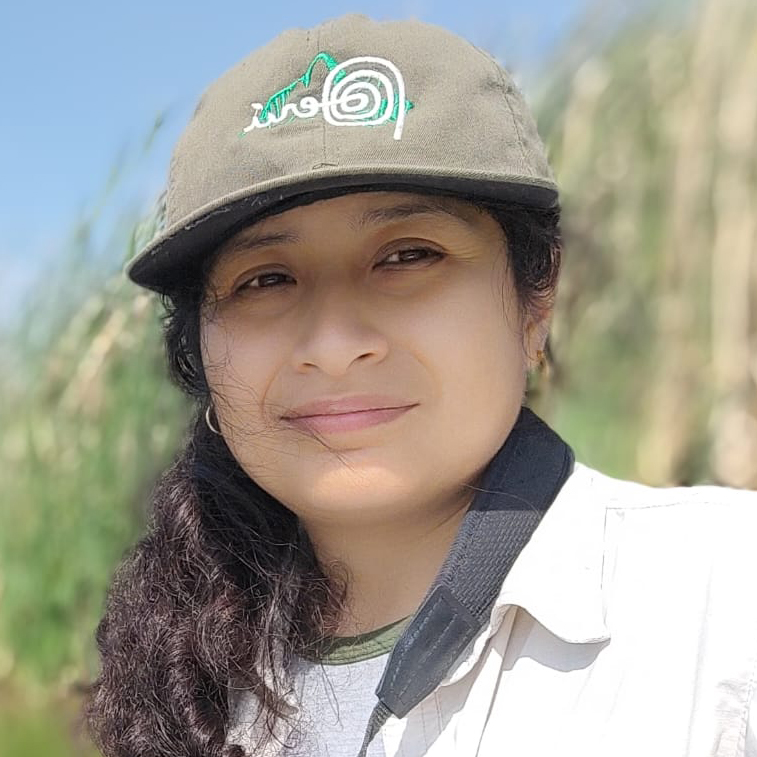
Lisset Carito is a biologist with experience in biodiversity monitoring, with a focus on birds, in several regions of Peru. She is an environmental consultant and is in the last semester of her Master’s degree in Ecology and Environmental Management at the Universidad Ricardo Palma.
With her project, “Nesting of the American Oystercatcher (Haematopus palliatus) in Pantanos de Villa, Lima, Peru: Marking and Evaluation of Reproductive Behavior as a Monitoring and Conservation Proposal,” Lisset and her team hope to understand the reproductive status of the oystercatchers and then propose a monitoring and conservation proposal for the management of the area.
Congratulations to the grant recipients above, who will implement their projects to advance shorebird conservation in Latin America and the Caribbean over the next two years!
Learn more about the Small Grants program here.





 Back to all
Back to all